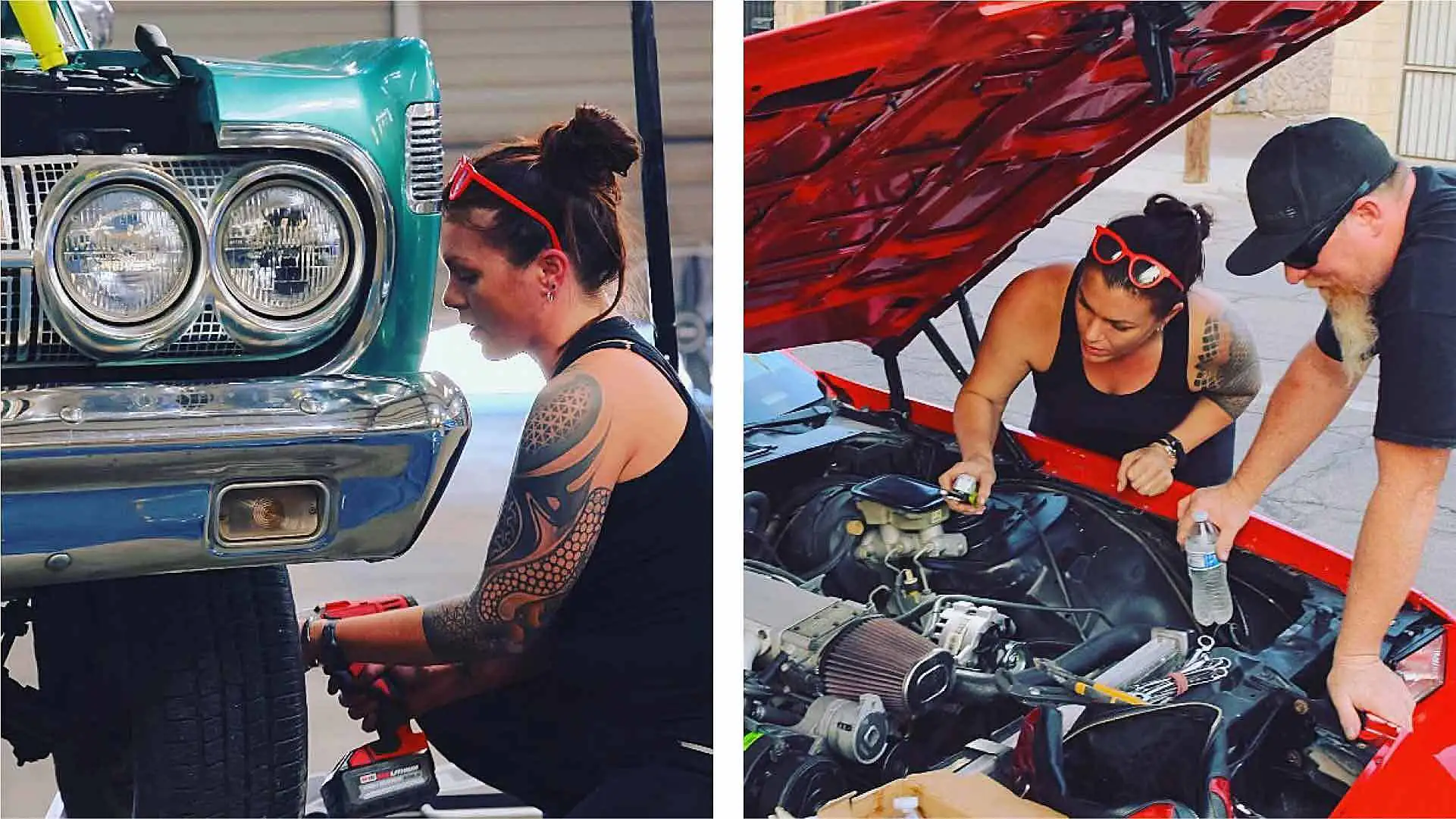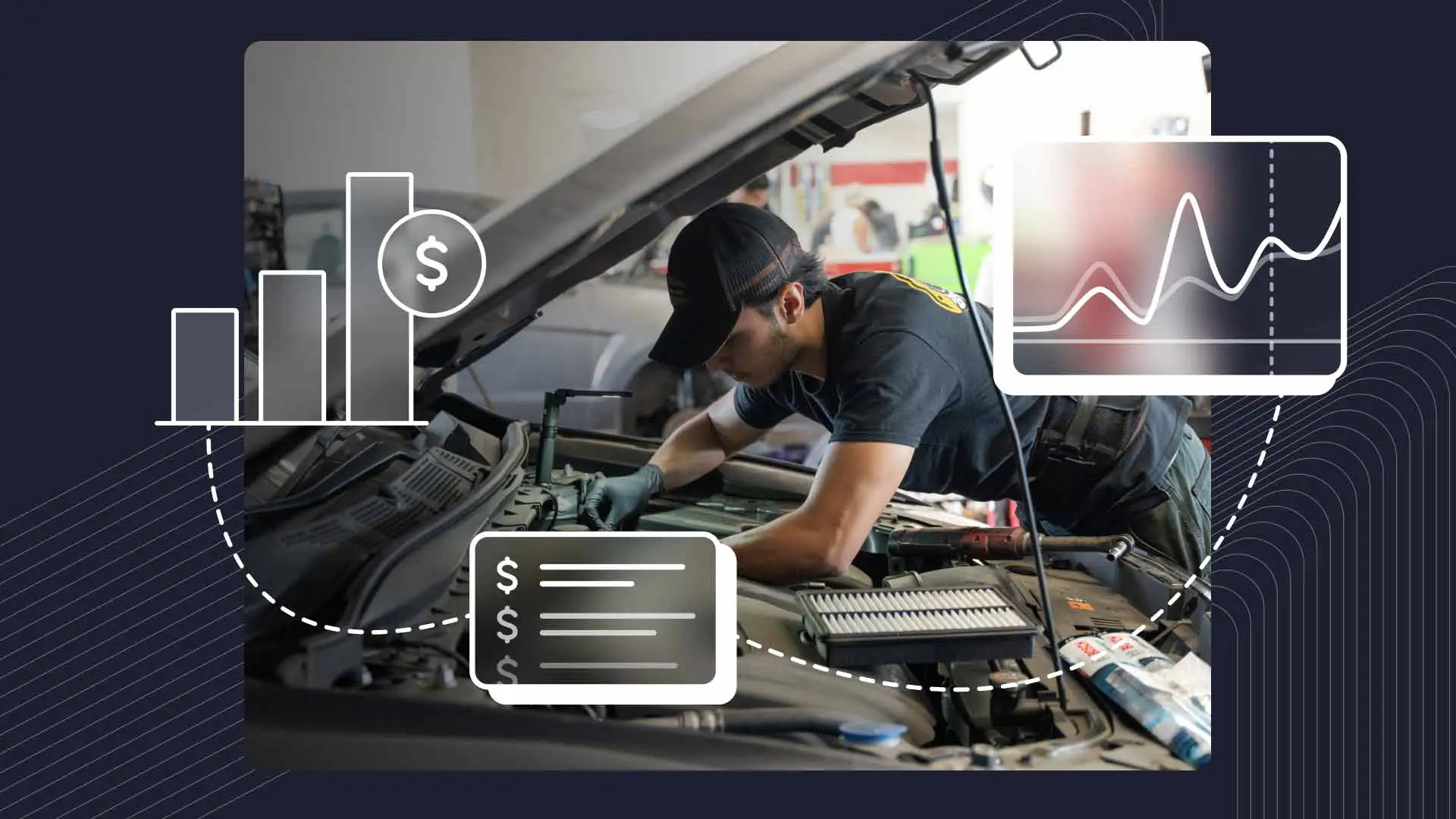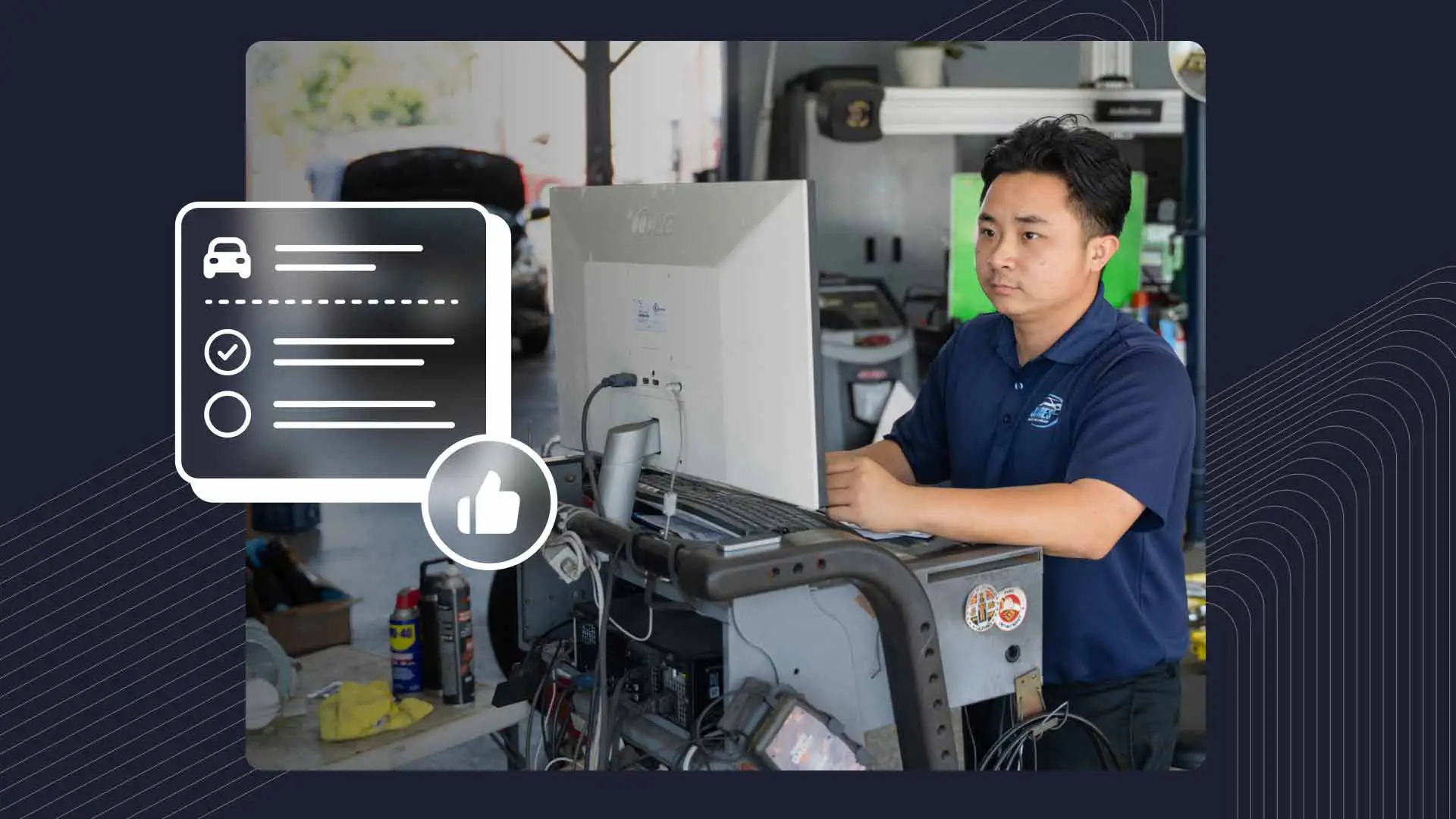This article is a summary of “How Culture Fuels Retention, Profit, and Loyalty,” the fourth episode in Shopmonkey’s “The Road To Success” Speaker Series. The video features a candid conversation about the importance of building a thriving culture for auto shops with Jamie Hjelm of Wicked Wrench Company.
There’s little Hjelm hasn’t done when it comes to cars. Guided by her father (a lifelong car aficionado), she learned to paint them at 13, build transmissions at 17, and became co-owner of her own shop with her sister Naomi in 2018. You might’ve seen Hjelm in 2020 on MotorTrends’ “Bitchin’ Boot Camp,” a reality show in which she competed against others in metal fabrication. A month ago she was the featured female technician on Netflix’s program “Tex Mex Motors.” She’s also been in a Bosch commercial for its Extra Rewards program.

In light of the current state of the repair industry, the technician shortage, and evolving customer expectations, Hjelm has a lot to say about fostering shop culture, working with the surrounding community, and specifying best practices for hiring and keeping talent.
Building Community
Hjelm started by discussing the importance of building community at the local level. Impacted by everything from the surplus of women asking her advice about vehicle repairs to the need to differentiate her shop from competitors’, she began to “host events for teaching automotive to students,” Hjelm said.
These free monthly or bi-monthly classes were initially for the Girl Scouts and Boy Scouts “because there were no shops around that offered auto care badges,” Hjelm explained. Before long libraries wanted classes, other shops began donating goodie bags of free items, and the shop owner was educating a growing audience that became future customers “because they’re in a class with you and you’re earning their trust and getting to know them,” Hjelm revealed.
The Path to Help
Another way Hjelm is fostering trust in the community is by providing what she termed a “path to help” vehicle owners who are told they need thousands of dollars of repair work based on courtesy checks from other shops. “Not everything is needed,” she admitted.
Hjelm went on to detail how her shop prioritizes repairs according to safety, puts them in different categories for parts of the vehicle, and actually shows points of failure to customers “when their cars are on the lift,” she mentioned. Hjelm also commented about how useful Shopmonkey’s auto repair software is for sending customers pictures or videos so they can view things remotely.
Internships
Additionally, Hjelm spoke about the value of providing internships for her local community college—which actually contacted her because of the success of the library classes. The internships typically span six weeks and involve a range of students in their late teens and early 20’s. “Some of the kids have never touched a car before and some know what they’re doing,” Hjelm said.
Internships benefit the students and Hjelm’s shop. On the one hand, students are able to get what Hjelm called OTJ or “on the job training”—which she stressed was one of the best ways to get into the business. On the other hand, internships are useful for overcoming the talent shortage shops are facing. In this regard, the formula is straightforward. “If you can do an oil change, master that and go on,” Hjelm said.
Hiring Best Practices
Hjelm also discussed the importance of having a good website as a best practice for hiring talent. She mentioned she keeps an open form on her site for potential techs to submit their contact information. “We take submissions even when we’re not hiring at the moment,” she remarked.
This way, there’s a ready pool of talent for when the shop has job openings. Additionally, Hjelm reiterated the importance of giving on-the-job training to community college students, which provide a good source of talent. “I can tell the ones that have the most potential,” she acknowledged.
Community First
The key takeaway from Hjelm’s conversation with Konior is that, in an era in which there are shops “on every corner” as she put it, it’s necessary for businesses to build and promote their individual shop cultures to differentiate themselves. Doing so involves working with the surrounding community to promote the shop and its values, so it becomes a trusted resource for customers to rely on.




